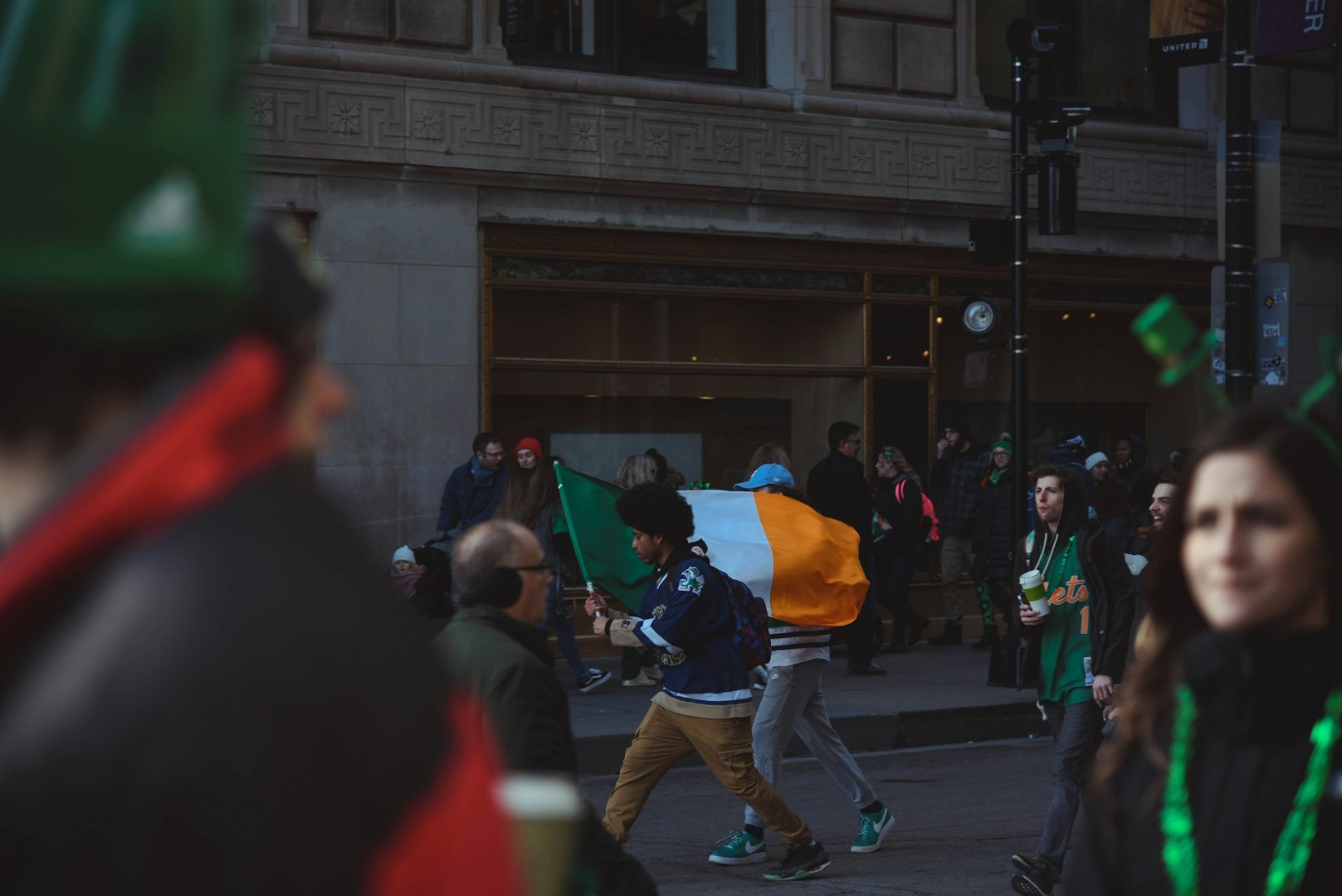(UNITED STATES) UK parents building their families through surrogacy in the United States face fresh uncertainty after President Trump signed an Executive Order seeking to end birthright citizenship for children born to noncitizens and non–lawful permanent residents. Signed on January 20, 2025 and slated to take effect February 19, 2025, the order would have blocked automatic U.S. citizenship—and a U.S. passport—for babies born in U.S. hospitals to foreign intended parents. A federal judge suspended the order on February 6, 2025, and litigation is ongoing. As of August 12, 2025, birthright citizenship remains in place, but families planning surrogacy arrangements this year are preparing for delays and alternative travel document routes.
Legal status and timeline

The Executive Order targets long‑standing birthright citizenship under the 14th Amendment, which has, since 1868, granted U.S. citizenship to almost everyone born on U.S. soil. Multiple states challenged the order, arguing a president cannot change a constitutional rule without a constitutional amendment. A U.S. federal judge agreed that the lawsuits raise serious questions and paused the order nationwide. The case appears headed through the appeals process, and the U.S. Supreme Court has not ruled.
Legal scholars widely note that changing the 14th Amendment’s rule would require Congress and the states—not an Executive Order. Until the courts issue a final decision, hospitals continue to issue U.S. birth certificates, and U.S. agencies continue processing passports for newborns who qualify. Still, attorneys are advising intended parents to prepare backup plans in case the order takes effect later or agencies slow down passport issuance while the case is pending.
VisaVerge.com reports that the uncertainty has already influenced how families and surrogacy agencies schedule births, arrange legal paperwork, and plan travel home to the UK.
Key point: While the injunction is in place, many newborns are still receiving U.S. passports—but timelines and procedures may change while litigation continues.
For many UK parents, the main impact is timing. In normal times, birthright citizenship allows a newborn to obtain a U.S. passport within days, making it possible to return home within a few weeks. A loss of automatic citizenship would mean no immediate U.S. passport and a longer route through British nationality and travel documents.
The U.S. Department of State’s guidance for child passports under 16 remains active and sets out evidence rules and in‑person application requirements for first passports. Families can consult the department’s official page for minors: https://travel.state.gov/content/travel/en/passports/need-passport/under-16.html.
Impact and practical steps for UK parents
Surrogacy professionals say the United States remains a preferred destination because of clear court processes and, crucially, quick U.S. passport issuance tied to birthright citizenship. If the Executive Order were to take effect later, the newborn of UK intended parents might no longer qualify for U.S. citizenship or a U.S. passport, forcing families to rely on British nationality routes. Even today, with the order paused, some consulates and passport agencies are adding checks due to the litigation.
UK parents can still secure British citizenship for their child, but the steps depend on the family’s facts:
- Which parent is British
- Who has a genetic link
- Whether the surrogate is married
British nationality can be recognized when a British parent is properly listed on a lawful U.S. birth certificate. That path remains open, though it may take more time. According to analysis by VisaVerge.com, surrogacy law firms and agencies are coordinating with UK officials on contingency measures, including emergency passport processes similar to those used during the 2020 pandemic when U.S. passport printing paused.
Parents should plan early, keep records tidy, and expect detailed questions at borders. UK Border Force officers have historically shown discretion when infants enter on U.S. passports from surrogacy arrangements, but families should carry legal letters, court orders, and agreements that explain the child’s status.
Practical guidance being shared with intended parents
- Before birth
- Work with lawyers who focus on international surrogacy and citizenship.
- Ask for a document checklist covering U.S. hospital records, the gestational carrier agreement, parentage orders, and evidence of British nationality.
- At birth
- If available, apply for a U.S. passport immediately.
- First‑time child passports require form DS-11, in‑person submission, both parents’ consent (or documented exceptions), and proof of birth and parentage.
- Link to forms: https://travel.state.gov/content/travel/en/passports/how-apply/forms.html.
- If a U.S. passport is not available or delayed
- Start the UK passport and British nationality process right away.
- Expect to submit proof of the British parent’s status, genetic evidence where relevant, the U.S. birth certificate, and details of the surrogate’s marital status.
- Travel to the UK
- If the newborn travels on a U.S. passport, check whether an Electronic Travel Authorisation (ETA) is required.
- Infants who are U.S. citizens generally need ETAs—apply early.
- On arrival in the UK
- Be ready to present legal documentation and a letter from your solicitor explaining the child’s citizenship position and route to UK parentage recognition.
- After arrival
- Apply for a UK parental order to secure legal parentage under UK law; your lawyer can advise on timing and documents.
Legal uncertainties to consider
Lawyers caution that surrogacy cases may present special questions even if parts of the Executive Order are eventually upheld. For example:
- If the gestational carrier is a U.S. citizen, some argue that a child “born in the United States” to that citizen birthing parent should still acquire citizenship at birth under the 14th Amendment.
- Others counter that the intended parents’ status could control.
These unresolved issues explain why agencies urge families to preserve all original records, obtain certified copies, and keep a parallel UK route ready.
Experts also stress that courts move slowly. While the injunction is in place, families can still pursue U.S. passports for qualifying newborns, and many are receiving them. But parents should not assume timelines will mirror pre‑2025 norms. Build in extra weeks for appointments, evidence checks, and shipping of passports or UK documents.
Outlook and policy response
The litigation could last months or years. Potential outcomes include:
- Appellate courts narrowing or striking down the Executive Order → Birthright citizenship continues unchanged.
- Courts permitting parts of the order → Agencies may revise guidance quickly, potentially mid‑pregnancy for some families, forcing plan adjustments.
UK surrogacy agencies and law firms say they will keep pressing both governments to maintain clear, humane pathways for babies to travel home with their parents.
Recommended approach: Dual‑track — seek a U.S. passport where the child qualifies, and prepare a full UK nationality file in case the U.S. route slows.
Practical final steps for families:
– Keep communication lines open with your surrogacy agency, hospital, and attorneys.
– Book passport appointments early.
– Retain a solicitor’s letter for border checks.
– Monitor official updates from the U.S. Department of State and, for UK processes, the Home Office and HM Passport Office.
While the legal fight over birthright citizenship continues, families pursuing surrogacy can still move forward. Careful planning, early evidence gathering, and flexible travel timelines are helping parents bring newborns home, even in a period of legal uncertainty.
Frequently Asked Questions
This Article in a Nutshell
A January 20, 2025 Executive Order threatened birthright citizenship for children born via US surrogacy, paused February 6. Families face passport delays, must prepare dual-track plans: seek US passports where eligible and simultaneously pursue UK nationality and emergency travel documents to avoid being stranded at borders.







